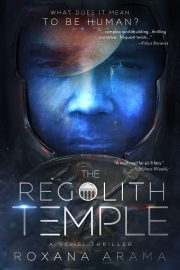Suspension of Disbelief
by Stephen Sottong
One of the problems when writing any SF story is keeping the technology reasonable enough that the reader can suspend their disbelief and focus on the story rather than being rudely pulled from the plot by preposterous violations of the laws of nature.


